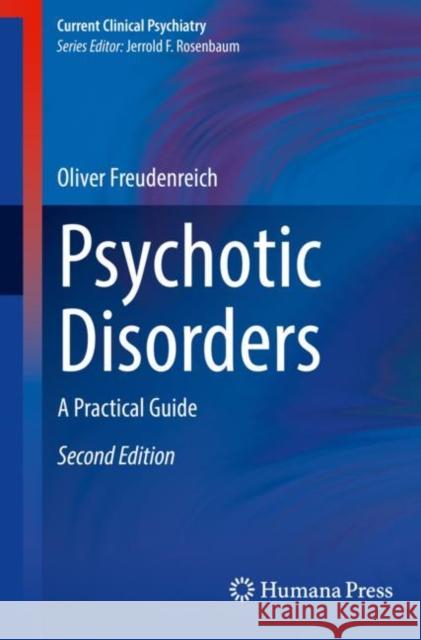Psychotic Disorders: A Practical Guide » książka
topmenu
Psychotic Disorders: A Practical Guide
ISBN-13: 9783030294526 / Angielski / Miękka / 2020 / 474 str.
Psychotic Disorders: A Practical Guide
ISBN-13: 9783030294526 / Angielski / Miękka / 2020 / 474 str.
cena 346,16 zł
(netto: 329,68 VAT: 5%)
Najniższa cena z 30 dni: 344,56 zł
(netto: 329,68 VAT: 5%)
Najniższa cena z 30 dni: 344,56 zł
Termin realizacji zamówienia:
ok. 20 dni roboczych.
ok. 20 dni roboczych.
Darmowa dostawa!
Kategorie BISAC:
Wydawca:
Humana
Seria wydawnicza:
Język:
Angielski
ISBN-13:
9783030294526
Rok wydania:
2020
Wydanie:
2020
Numer serii:
000356795
Ilość stron:
474
Oprawa:
Miękka
Wolumenów:
01











